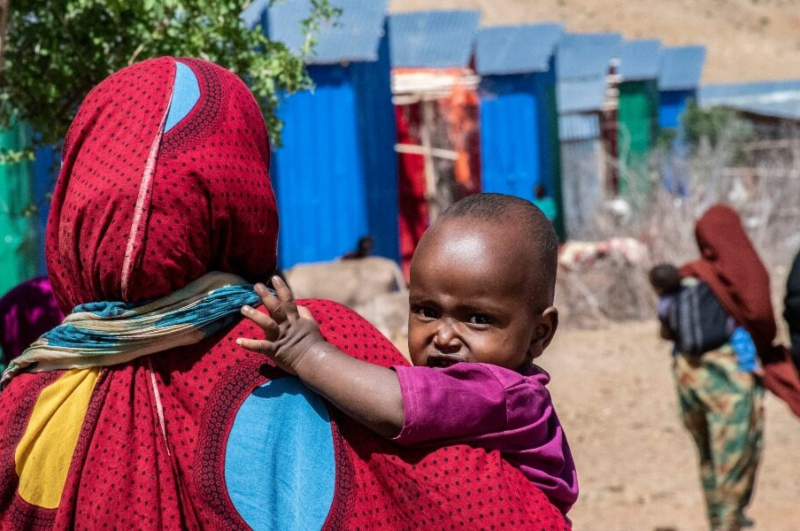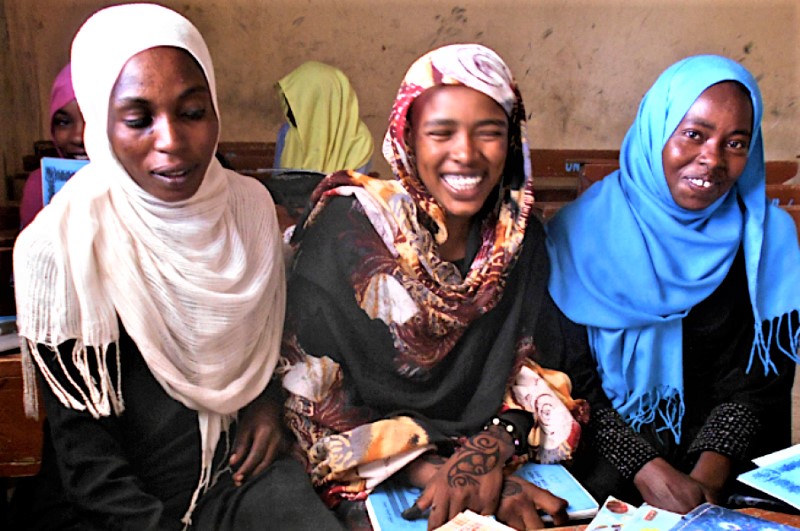



Migration, a global phenomenon shaping the modern world, sees people moving across borders for various reasons: seeking better economic opportunities, escaping conflict and persecution, pursuing education, or reuniting with family. This movement profoundly impacts both the migrants and the countries they leave and settle in.
Understanding migration is essential for students in today’s interconnected world. As future global citizens, they need to grasp the complexities and nuances of migration to develop empathy and compassion. Studying migration helps students appreciate the diverse backgrounds and experiences of those they interact with, fostering a more inclusive society.
Moreover, reflecting on migration allows students to connect with their own personal histories. Many families have migration stories, whether recent or in the distant past. Understanding these stories can give students a sense of identity and belonging, linking them to a broader human narrative.
To equip students with the knowledge, empathy, and understanding needed to navigate and positively contribute to our globalized world, "San Ignacio Alonso Ovalle" school in Chile invites students and educators from Jesuit schools worldwide to participate in the Chilean-Zimbabwean Migration Project. This initiative aims to raise awareness and understanding of migration, develop critical thinking skills, and build connections with peers from diverse cultural backgrounds.
The innovative Connected Classroom is divided into two sessions: the first on July 12th, 2024, and the second on August 2nd, 2024. Guided by David Chamorro Pereira, Global Citizenship teacher and Global Education coordinator, these sessions will provide students from "San Ignacio Alonso Ovalle" school in Chile and St. Ignatius College in Harare, Zimbabwe, a platform to explore and discuss migration issues specific to their countries. Jesuit schools from other countries are also welcome to participate, offering an opportunity to listen and reflect on various migration stories in this unique virtual classroom.
Participants will explore questions such as:
1. Why do people migrate to your country? What makes your country attractive for migrants?
2. Where do these migrants come from?
3. Why do people from your country move to other places? Where do they go?
4. What are the positive aspects of migration to your country?
5. What are some challenges or negative issues associated with migration to your country?
Join this inspiring journey to make a difference by understanding the stories of migration and the people behind them. Jesuit schools worldwide are encouraged to join the Migration Project Chile/Zimbabwe for a transformative educational experience.
For more information and to join, visit MIGRATION PROJECT CHILE / ZIMBABWE – Educate Magis. For further queries, contact David Chamorro Pereira at David Chamorro Pereira – Educate Magis or leave a query in the comment box below.
Together, we can make a difference by understanding and sharing the stories of migration. Join the Migration Project Chile/Zimbabwe - Educate Magis with your students and be part of this transformative experience.
Related Articles




Select Payment Method
Pay by bank transfer
If you wish to make a donation by direct bank transfer please contact Fr Paul Hamill SJ treasurer@jesuits.africa. Fr Paul will get in touch with you about the best method of transfer for you and share account details with you. Donations can be one-off gifts or of any frequency; for example, you might wish to become a regular monthly donor of small amounts; that sort of reliable income can allow for very welcome forward planning in the development of the Society’s works in Africa and Madagascar.
Often it is easier to send a donation to an office within your own country and Fr Paul can advise on how that might be done. In some countries this kind of giving can also be recognised for tax relief and the necessary receipts will be issued.



